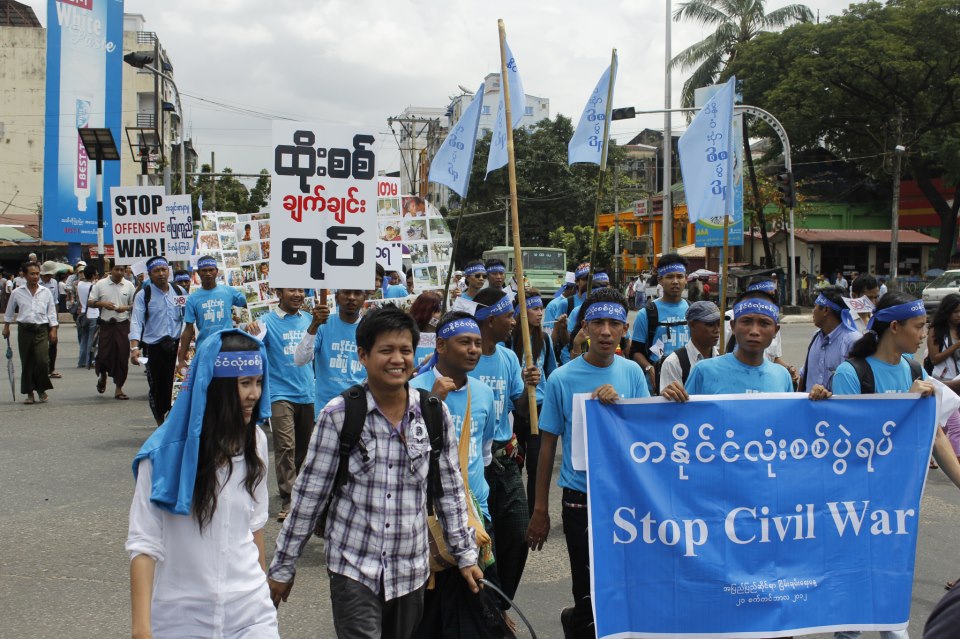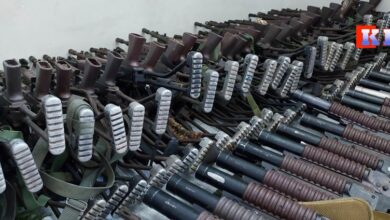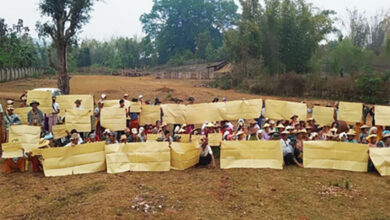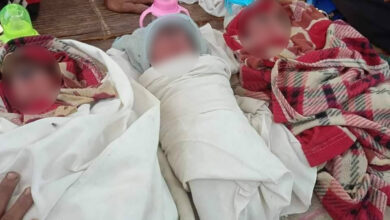HRW: Draft association law threatens civil society groups

Human Rights Watch warns that Burma’s draft association law fails to meet international human rights norms and should be revised, warning that it permits “excessive government control” over civil society groups.
Burma’s draft Law Relating to the Forming of Organizations, made public on July 27, 2013, threatens civil society groups, says HRW.
The draft associations law contains a number of provisions contrary to the right to freedom of association as set out in the Universal Declaration of Human Rights and international human rights treaties, Human Rights Watch said.
The draft bill would require Non-Government Organisation’s to obtain official registration to operate; hand over vaguely defined regulatory authority to a body under effective military control; and subject groups to decisions without appeal. Human rights groups are concerned that members of unregistered groups could also face criminal penalties.
“This draft law would give the Burmese government broad authority to refuse to let a group operate and send association leaders and members to prison if the group functions without permission,” Phil Robertson, HRW’s deputy Asia director, warned.
“It seems the government wants to keep its stranglehold over civil society, effectively muzzling watchdog groups during this critical reform period.”
The draft law would require all NGOs to register before functioning, HRW said, essentially conditioning the right to freedom of association on gaining government approval. Chapter VIII states that organizations and members without a “formation certificate” may “not form or function as an organization.” Individuals who fail to comply face criminal penalties, including up to three years in prison and fines.
The draft law in chapter III creates a “Central Committee” that has appears to have unfettered authority to reject NGO registrations and terminate existing groups. There are no provisions to guarantee the committee’s independence or competence. The committee is to be chaired by the minister of home affairs, who as laid out in Burma’s 2008 Constitution, has to be a senior serving military officer. There is no provision for appealing a suspension or termination of registration status.
The number of domestic organizations and community groups in Burma rose considerably following the devastation wreaked by Cyclone Nargis in May 2008. Human Rights Watch said these groups played a critical role in promoting women’s rights, environmental protection, poverty reduction, economic development, health, education and human rights.
Many of these civil society organizations have expressed their strong opposition to the draft law, rejecting many of its provisions and decrying the lack of consultation with civil society during its formulation.
In an August 21 statement, the United Nations special envoy on Burma, Tomas Ojea Quintana, said that passage of the law in its current form “would be a serious setback for the development of a strong and vibrant civil society” in Burma and that “the Government has to change its mindset on registration procedures if it is to create an environment in which civil society can thrive.”
“Burma is slowly emerging from decades of harsh authoritarian rule where many groups faced either control by the government or being forced into exile,” Human Rights Watch’s Phil Robertson said. “The draft associations law threatens the recent gains made by Burmese civil society groups and will undercut efforts to hold the government to account in the reform process.”




